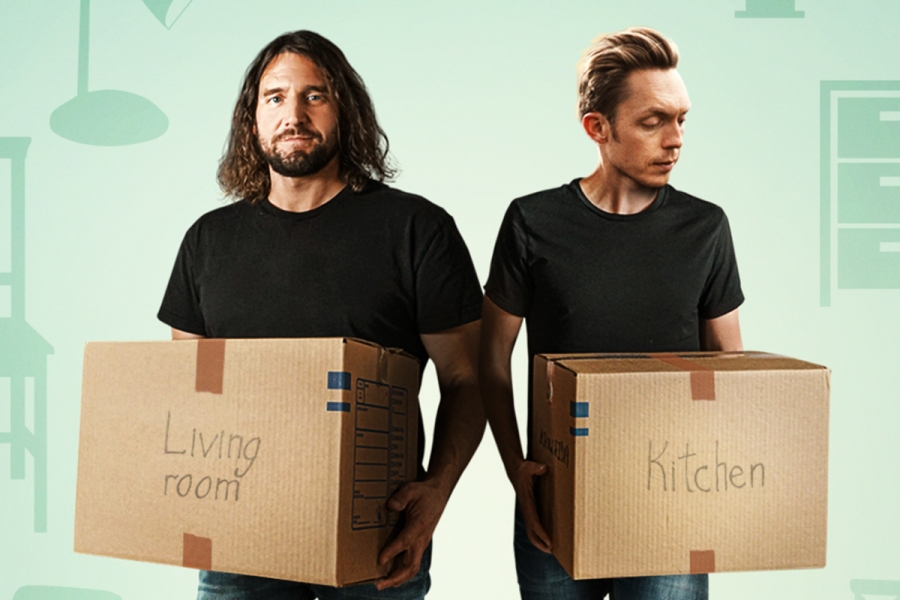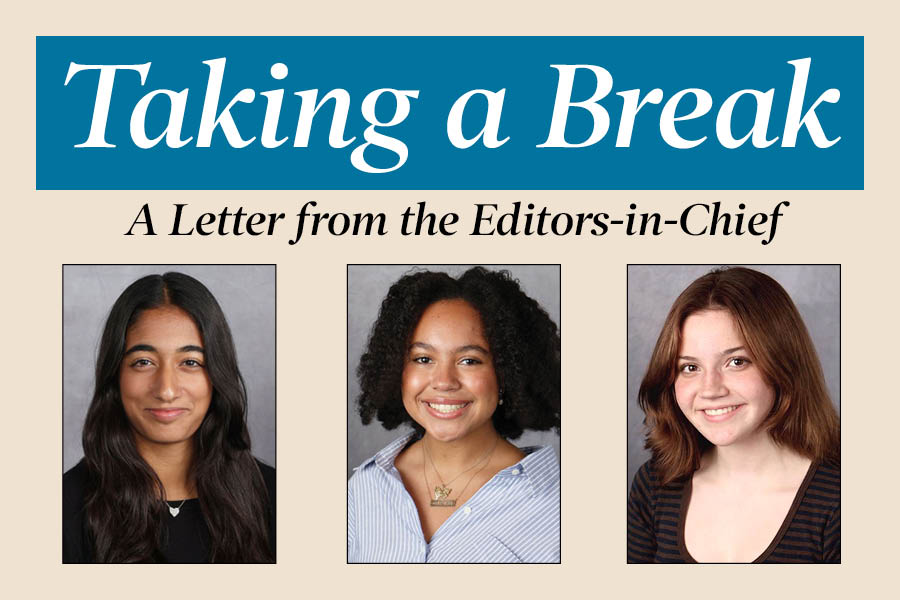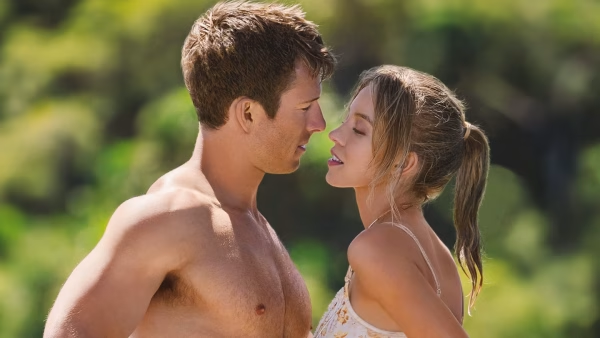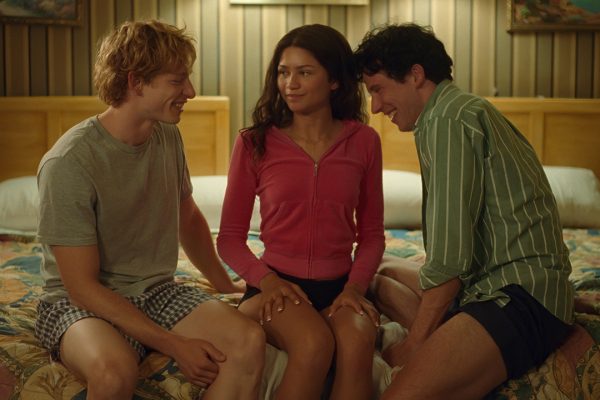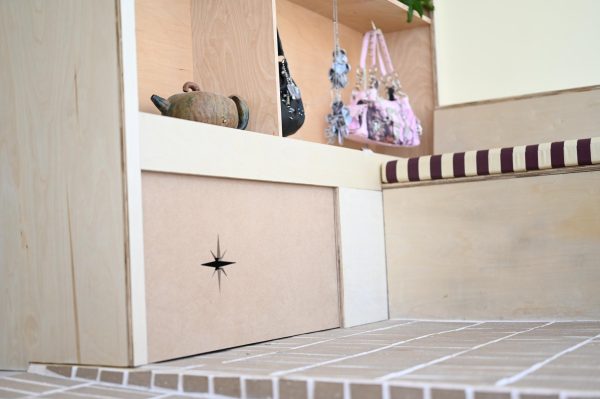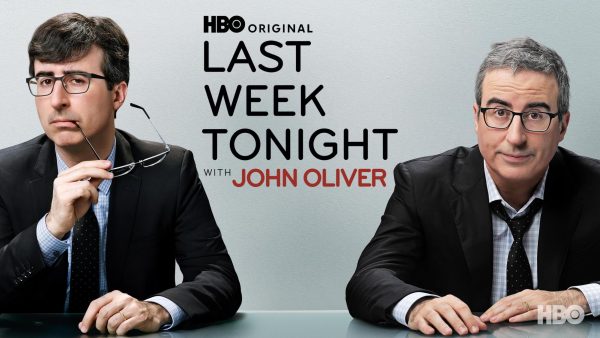Netflix documentary ‘The Minimalists: Less is Now’ sheds light on growing popularity for minimalist lifestyle
Netflix
“The Minimalists: Less is Now” tells the story of hosts Joshua Fields Milburn and Ryan Nicodemus’s shift to minimalism.
March 1, 2021
In one deft click, a familiar notification pops up: “Your order has been sent with same-day shipping.”
Every day, millions of computers open to familiar sites such as Amazon, eBay, AliExpress and Rakuten. From toothpaste to kitchen appliances to electronic devices to board games, these online commercial conglomerates have it all, and we buy it all.
So much of our lives are spent on these websites, browsing, shopping and purchasing. People can easily lose themselves and their sense of belonging and happiness in an infectious frenzy to amass as much “stuff” as possible.
What would life be like if people let go of all that stuff?
In a storytelling format perfectly suited for a personal topic, the new documentary “The Minimalists: Less is Now,” released on Netflix on Jan. 1, presents how a growing movement called minimalism is revolutionizing lives with a powerful but not overwhelming emphasis on eye-opening reflection.
Hosts Joshua Fields Milburn and Ryan Nicodemus, minimalism advocates, stand front and center in a dimly lit film studio. They begin with a heartfelt introduction, the focus being their pre-minimalism lives. The introduction gives personality to the documentary because without the two men’s interesting stories, the film structure is basic and predictable.
The introduction diversifies to act out scenes from the pair’s respected lives, a nice cinematic element but unnecessary to the main ideas of the documentary. Milburn dons a grey suit, portraying himself as having everything from a highly respected job to a great apartment. But, with a frown, he pauses. Something is missing — Milburn isn’t truly happy.
It isn’t until the death of his mother that he realizes amassing all of this stuff isn’t the key to happiness. He steps into her home, an extension built on set, and finds it stocked with useless, unmemorable items ranging from tchotchkes to piles of silverware.
The diversified presentation style goes hand in hand with new perspectives. Milburn and Nicodemus’s respective monologues are interspersed with a variety of other sources such as economists and shoppers-turned-minimalists, a refreshing touch given that the pair’s extensive reenactment becomes almost too fake later on.
Much of the documentary is centered around the lives of the hosts, but Milburn and Nicodemus make sure to also bring the movement to the viewer. The ending provides techniques toward living a minimalist lifestyle, such as throwing away one item a day that you deem unnecessary.
While the intertwined stories and anecdotes are occasionally difficult to follow, true to their word, Milburn and Nicodemus seem to be minimalists even in the design of the documentary as a whole. Just under an hour, the documentary is just the right length for the amount of information presented.
While the cinematic elements are overdone, the documentary is informative but not overwhelming and argumentative but not imposing. This documentary is for anyone who enjoys an in-depth, personal storyline.



